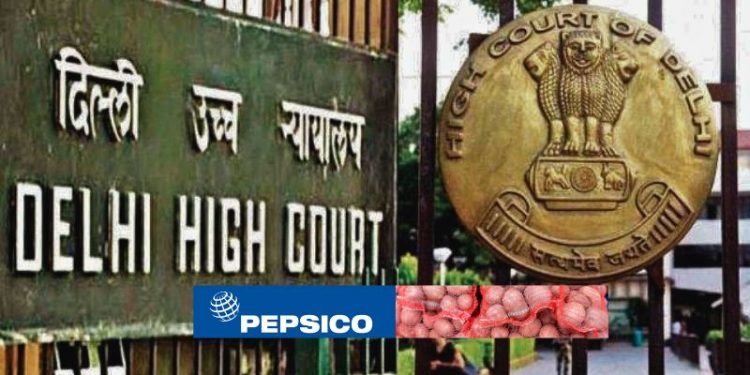Legal Victory Secures Exclusive Rights for Lay’s Potato Chips Production
On January 9, a division bench of the Delhi High Court ruled in favor of PepsiCo, affirming its entitlement to a patent on the specific potato variety used in its popular Lay’s potato chips. This decision reverses the Protection of Plant Varieties and Farmers’ Rights (PPVFR) Authority’s 2021 revocation of the patent and overturns a single judge’s decision from July 2023. The High Court dismissed arguments from farmers’ rights campaigner Kavitha Kuruganti, who contended that PepsiCo was not entitled to a patent on this potato seed type.
“The appeal of PepsiCo is allowed. We consequently also set aside the order of the Authority dated December 3, 2021, and the letter issued by the Authority dated February 11, 2022. The renewal application as made by PepsiCo shall stand restored on the file of the Registrar who shall dispose of the same by law,” stated the High Court, as reported by Money Control.
Additionally, the court rejected Kuruganti’s claim that PepsiCo was acting against the public interest by initiating multiple lawsuits against farmers. The court noted, “Apart from a mere reference to various suits alleging infringement, which are stated to have been filed by PepsiCo, the respondent failed to establish or prove that those suits were vexatious or that they had been instituted as part of predatory tactics of PepsiCo.”
Background of the Patent Dispute
PepsiCo established its first plant in India in 1989 to produce potato chips. The company provides a specific potato seed variety to a group of farmers, who in turn sell their produce exclusively to PepsiCo at a predetermined price.
In 2019, PepsiCo filed lawsuits against several Indian farmers for cultivating the FC5 potato variety, claiming patent infringement and seeking damages exceeding USD 121,050 from each farmer. However, after several months, PepsiCo withdrew the lawsuits.
In December 2021, the PPV&FR Authority canceled the varietal registration certificate granted to PepsiCo for the potato variety ‘FL-2027’. PepsiCo responded by stating it was reviewing the directive issued by the Authority.
The PPV&FR, established under the Protection of Plant Varieties and Farmers’ Rights Act of 2001, serves as a statutory body responsible for the registration of new plant varieties. The authority’s decision to cancel PepsiCo’s certificate was based on a complaint from farm activist Kavitha Kuruganti, who argued that the registration was granted based on false information provided by PepsiCo. The company subsequently challenged this order at the Delhi High Court.
Implications for Farmers and the Industry
This ruling has significant implications for the agricultural sector, particularly for farmers and businesses involved in potato cultivation and processing. It underscores the importance of intellectual property rights in agriculture and the legal complexities surrounding seed patents. For farmers, the decision highlights the necessity to navigate patent laws carefully, especially when dealing with major corporations.
As PepsiCo continues to hold the patent, the company maintains exclusive rights to the potato variety critical to its supply chain for Lay’s potato chips. This legal affirmation ensures that PepsiCo can protect its proprietary seed variety from unauthorized use, reinforcing its control over production quality and supply consistency.







